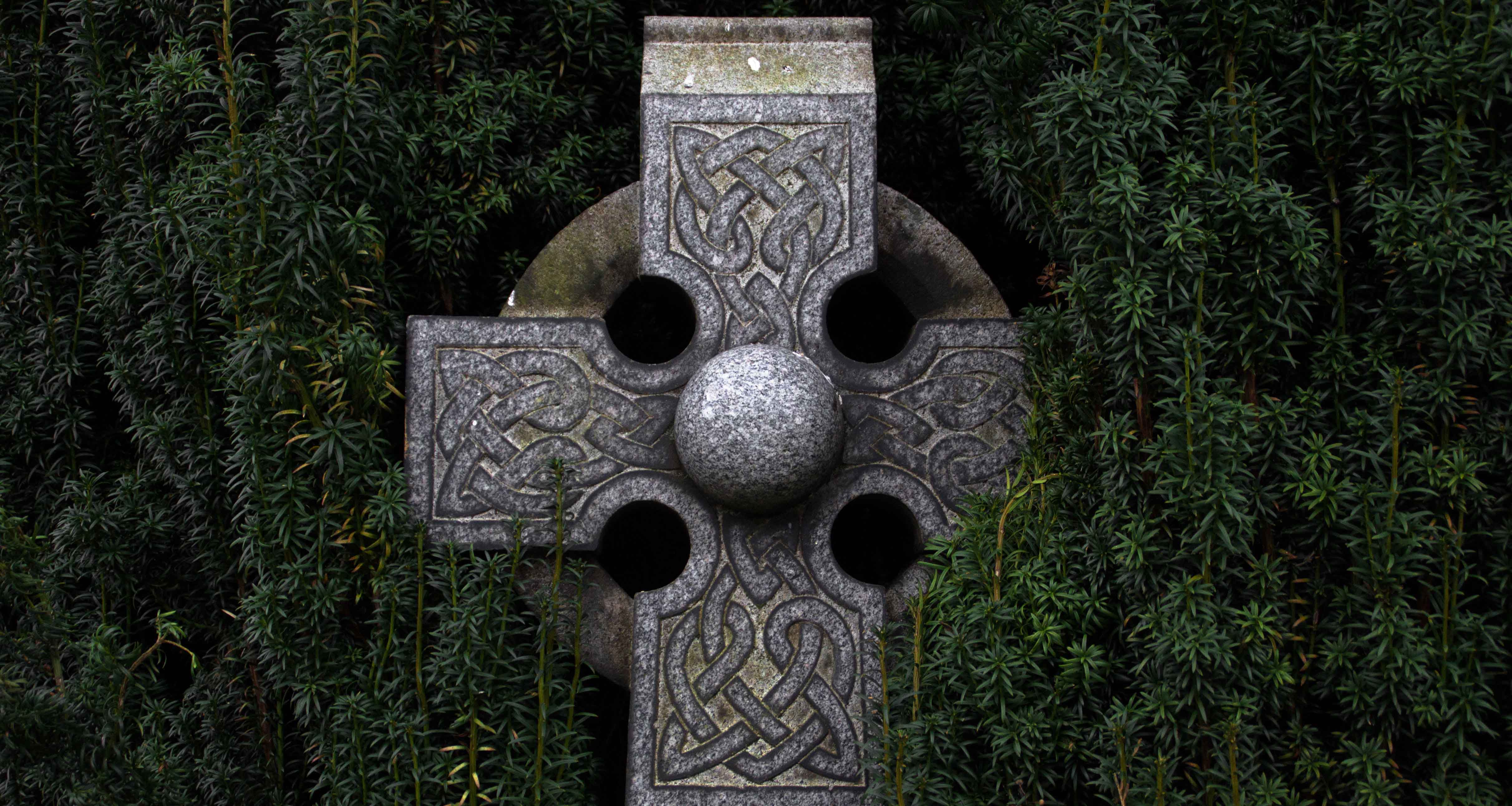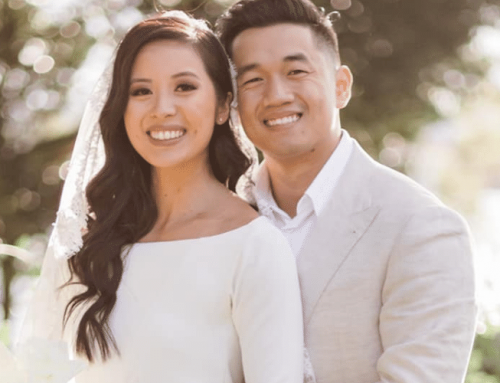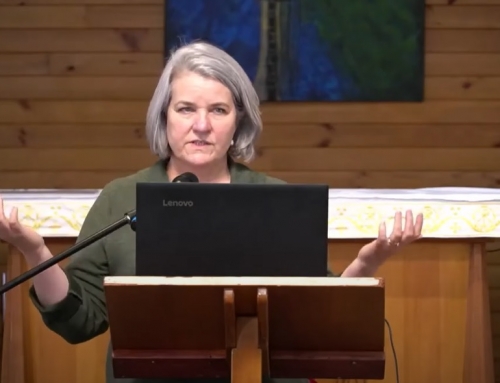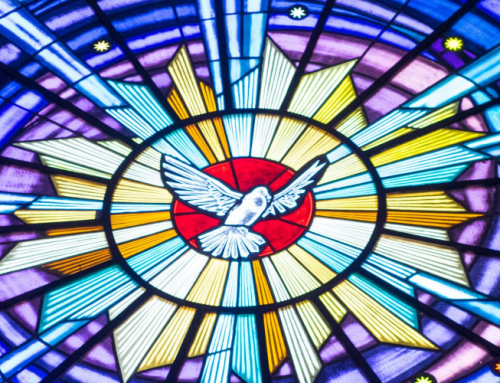As mixed faith marriages increase, it is wise that we are all aware of the unique challenges they pose. Francine & Byron discuss some of the issues.
“I say to the youth in my parish, there will be many differences that you will need to negotiate in your future marriage, if you can find someone who shares your faith, that’s one less difference to deal with.” These were the wise words of our parish priest in 2005, a sentiment shared by many. Observations and discussions with families of interfaith (different religions) and interchurch (different Christian denominations) marriages confirmed that these families did indeed have an additional challenge, though there was no hard evidence to support the position.
A new book discussing interfaith marriage by American author, Naomi Schaefer Riley, “‘Till Faith Do Us Part: How Interfaith Marriage is Transforming America,” (Oxford University Press), has provided some interesting insights into the patterns of formation of interfaith and interchurch unions. For example:
- 45% of marriages in the past decade were interfaith
- Not all religions interfaith-marry at the same rate: 27% of Jews, 23% of Catholics, 39% of Buddhists, 18% of Baptists, 21% of Muslims, and 12% of Mormons were married to a spouse with a different religious identification
- Age at marriage makes a difference: Of those who married between 26 and 35 years of age, the rate of interfaith marriage was 58%, versus only 48% amongst -younger couples.
Riley also observed increased challenges faced by couples in these unions compared to their ‘same-faith’ counterparts. Two of the more important ones are:
- Interfaith marriage reduces the likely-hood of children attending weekly religious services: 37% inter-faith offspring compared with 42% among same-faith children.
- Divorce is more common among interfaith marriages.; mixed-faith marriages were three times more likely to be divorced or separated than those who were in same-faith marriages.
The author postulates a number of reasons for these outcomes. In the case of children’s faith practice, many who marry someone of a different faith are already less involved in their own faith-practices, and therefore are less likely to be strongly motivated to raise their children in the faith. This of course is then reinforced by a spouse who does not share this value, or possibly, is even hostile towards it.
In relation to divorce and separation, it is unclear whether the interfaith/interchurch dimension of the relationship is causal, or whether the absence of a deep connection to a faith-based community weakens the support networks subtlety supporting marriages. In reality it is probably a mix of both. Difference in values is always a cause of stress in marriage, and likewise, when a marriage is stressed, any differences are magnified. Likewise, we often take for granted both the direct and indirect ‘marriage strengthening support’ provided by active involvement in a faith community.
Riley also noted that more than half of the interfaith subjects said that there was little or no discussion before marriage of the religion that any future children would have. She reported how a number of subjects said that their interest in the faith of their childhood was rekindled by significant life events such as the birth of a child or the death of a close family member leading them change their desires even if they have been discussed at length before marriage. (Read a more detailed review by Fr John Flynn, Zenit: here)
Positive Possibilities for Inter-faith Marriage
Interfaith couples offer an important contribution into inter-religious dialogue – in fact, they are often right at the coal face, living it every day. Interchurch Christian couples in particular can advance the cause of Ecumenism in a very practical way by promoting mutual respect and understanding between the denominations.
However, the contribution of these couples will be proportional to their individual commitment to their own faith; a marginal involvement in the faith by one or both of the pair will limit the degree of insight. It is unfortunately exceedingly rare to find a couple who is both deeply committed to their faith, and actively exploring their differences in a productive way. What is more common is for one spouse to be active and involved in his or her faith and the other to be ‘luke-warm’.
(Read a previous article on the topic: Vatican Looks at Interfaith Marriage: here).
Realities and Challenges
Fr Chuck Gallagher, SJ, founder of PMRC, was fond of saying that ‘most people come to the Church through sex; they are either conceived and born into the faith or they fall in love and marry someone and are converted through sexual love’. He was of the opinion that spouses were either growing closer together and more aligned in their faith, or apart and less committed. He observed that within a few years of marriage, the non-Catholic spouse would either ‘find their home’ the Catholic Church, or the Catholic spouse would begin to drift from their faith. Relationships, be it our one with God or our spouse, are never static – they are either moving closer or drifting apart.
Today, the more typical reality is that the Catholic partner in a mixed faith marriage is only able to sustain the practice of their faith with great exertion; the secular world competes for their attention as it does for every couple, but without the active support of their non-Catholic spouse, the practice of their faith typically becomes sporadic. Many of these Catholic spouses also report that it is exceedingly difficult to maintain their children’s interest, when the non-Catholic mum or dad sleeps in or stays at home during Mass time.
Faith is caught, not taught… and parents are the first witnesses children have of entering into a faith life with God. With increasing numbers of mixed-faith marriages, this trend is cause for concern among all the faiths. This dynamic is relevant not just for the children; the Catholic spouse struggling to engage their children in the faith can allow despair to be be projected as frustration with a spouse unable or unwilling support them in that endeavour.
Equally, couples who hover on the margins of their faith are also less likely to turn to their faith communities for assistance when troubles present themselves in their marriage.
Responding to the Challenge of Inter-faith Marriage
While it is obvious that interfaith engaged couples need to discuss extensively their hopes and expectations regarding the practice of their faith and the faith of their future offspring, many couples who most need such a discussion are likely find it difficult – and therefore avoid it. These couples generally fail to take advantage of the opportunity provided in good marriage preparation courses to address their differences, preferring instead to remain unchanged by the experience. Of course, if they find it too challenging in the ‘glow’ of the engagement period, the chances of effectively negotiating it later in the marriage is very remote.
For many engaged couples who do participate in such discussions, irreconcilable differences are uncovered. They face the heartbreaking choice of breaking off the engagement and forgoing their beloved, or proceeding with the wedding and forgoing the obligations of their faith. At one level it’s an unfair choice and raises the question of whether church communities could be doing more before couples form such bonds to encourage the discernment of suitable marriage partners among unattached singles. That said, where truly irreconcilable differences exist between a couple, then it is always best to discover these before they marry; as hard as it is to break off an engagement, it is infinitely more difficult to dissolve a marriage – especially when children are involved.
Sharing Faith Together
Marriage is a journey of intimacy, where a couple is called to ‘know’ each other like no other. Leaving our faith and spiritual life outside the relationship is to close a door on the very essence of who we are. Having the courage and maturity to explore each other’s spirituality and faith, no matter whether is shared or different is a part of the marriage journey… it should never be a taboo subject or forgotten conversation.
While cultural expectations to ‘date Catholic – marry Catholic’ (to use a Catholic example) can seem old fashioned and controlling, there is a great deal of wisdom to the practice, especially among those single Catholics who deeply value their faith. Obviously this can never be imposed on our singles, but must be presented with the mindset of an invitation and backed up with practical assistance. This might include the support of youth groups and young adult initiatives and even online services like Catholicmatch.com.
In any case, a more open and active discussion in the wider community is a good place to start, so join the discussion and share your thoughts below.
Questions for Discussion
- What do you see as the benefits of interfaith and interchurch marriage?
- What do you see as the main challenges?
- What do you believe is the most constructive way for churches and communities to respond the situation?






Most constructive way for churches to respond to interfaith marriages is:
to embrace the couple with genuine love and
encourage them to:
– explore their faith and spirituality together
– look at common ground in their respective faith values
– respect each other
Thank you for your comment on 22/10/2013. Even though it has been over 5 years, your advice is golden in my view. I am 86 years old next 08/27/2019 and have been married 62 years in a interfaith union. We are proud of our three morally good sons regardless of how they address their faith. I am not aware of any person who has faith without having morals, commitment, and respect.